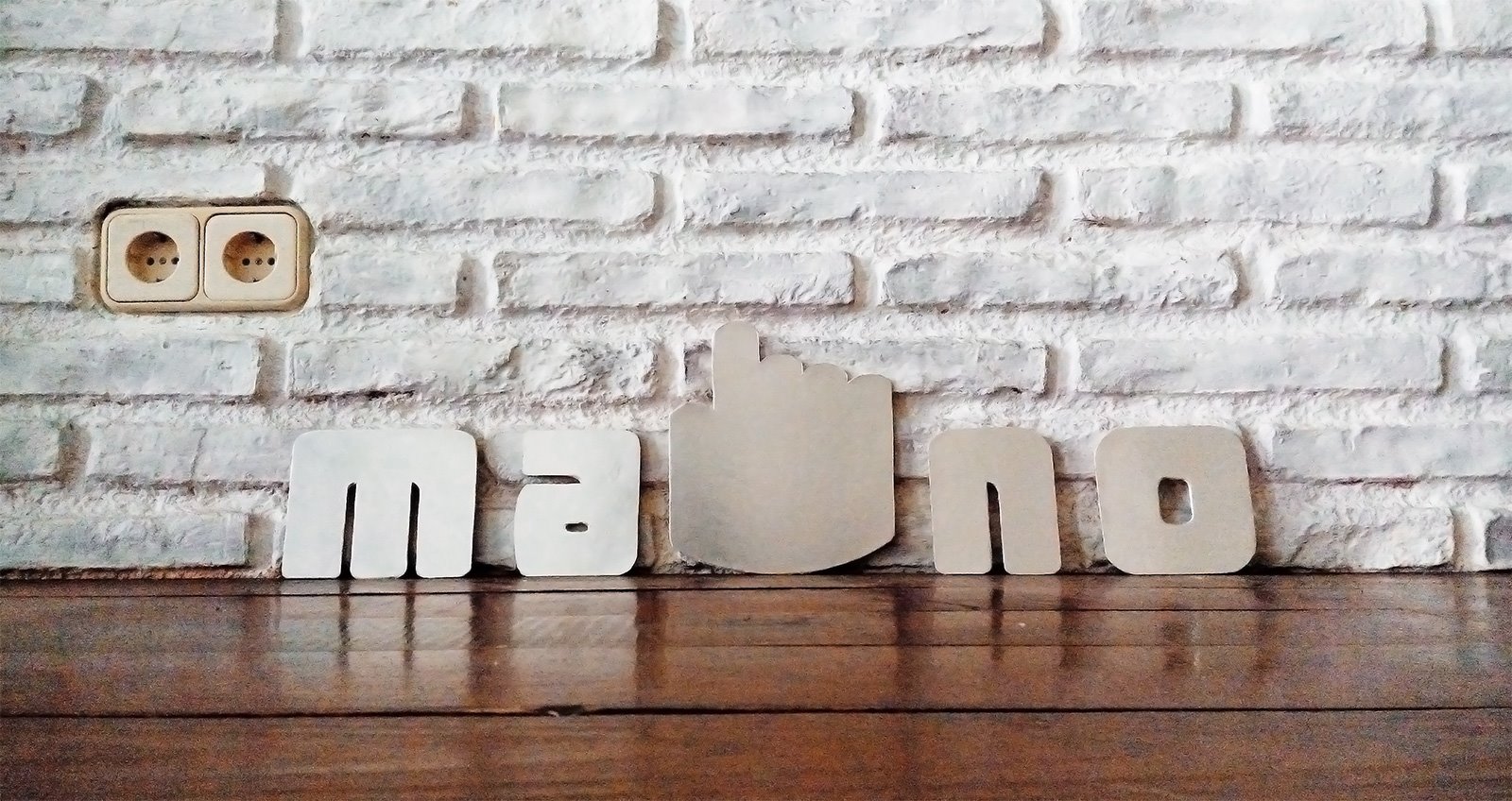The release demonstrates consistently faster boot speeds than earlier versions — down to about 40 seconds on Intel and AMD-based Acer Veriton desktop machines — shrinks memory usage by as much as 50MB, reduces image size and cuts power consumption, according to Canonical, the company behind Ubuntu.
"We've been driving Ubuntu to be a coverged OS across different client form factors – tablet, phone, desktop. A lot of underlying work to make that happen has been happening in this development cycle," said Canonical CEO Jane Silber.
"From the user perspective I think what people will notice is a real increase in speed and the visual smoothness of the experience. It's a polishing of the user experience."
Canonical is working on bringing the OS to two reference phones and two tablets, including the Nexus 7. The Ubunutu community already has the OS in some sort of working order on about 40 devices, said Silber.
At present there are code differences between the Ubuntu 13.04 release and Ubuntu Touch stack targeted at phones and tablets, but Silber says the two will converge with a future release, probably with the 13.10 Ubuntu release due out in October. 13.10 will see the X windows system used in 13.04 replaced with the MIR display server, which Silber said will make for a streamlined code base that can be more easily updated to support a range of devices. MIR is available as an option for developer testing of Ubuntu.
While producing a unified OS for multiple devices and form factors is"a big challenge", according to Silber, she said the work is simplified by relying on a common core platform.
"In some ways it's increasing the work, but probably less than you would imagine. We've been working on Unity as an environment for several years now. From the outset we've designed it as an environment that appears differently in different form factors," she said.
Mark Baker, product manager for server at Canonical, said: "We're a relatively small company in comparison to the people operating in the spaces we're looking to push into: the tablet, phone and thin client space. We have to find a model that allows us to scale that development.
"That means having the core Ubuntu platform - the kernel, libraries, APIs and other bits and pieces – that's common across the whole Ubuntu product set. What varies is the presentation layer. Therefore while it's more work than previously it's a lot less work compared to say Apple that has completely different platforms based on the form factor or device they have. We're at least compiling Ubuntu from that common platform."
Watch the video about Ubuntu 13.04
source:http://www.zdnet.com

